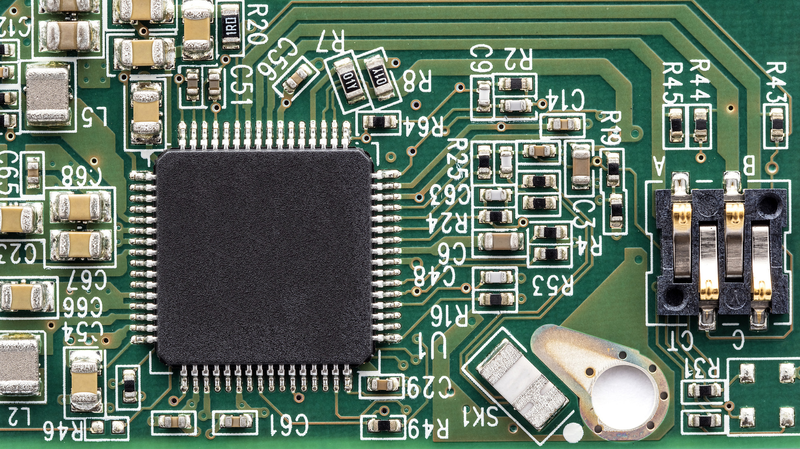Remember the 1990s Clipper Chip controversy? 🕰️ A new U.S. Senate bill is reviving fears of government-mandated hardware surveillance—this time targeting advanced AI chips. The proposed "Chip Security Act" would require location-tracking mechanisms on certain semiconductors exported from the U.S., sparking a fiery debate about privacy, global trade, and digital sovereignty.
What’s in the Bill?
Introduced by Senator Tom Cotton on May 9, the legislation aims to tighten export controls to prevent the Chinese mainland from accessing cutting-edge chip technology. But here’s the twist: reports suggest tracking features already exist in some exported U.S. chips—raising questions about transparency. 🧩
Clipper Chip 2.0?
Tech historians are drawing parallels to the infamous Clipper Chip, a 1990s encryption device with a built-in "backdoor" for law enforcement. Critics argue this new move could create similar vulnerabilities, potentially exposing global supply chains to hacking or misuse. One cybersecurity expert told us: "It’s like installing a GPS tracker on every bullet—who controls the data?" 🔥
Global Reactions
While the bill targets the Chinese mainland, European and Asian tech firms are nervous. 🌏 A Seoul-based AI startup founder quipped: "This feels like a Black Mirror episode—governments and corporations racing to control the silicon backbone of our digital lives." Meanwhile, semiconductor stocks dipped amid fears of retaliatory trade measures.
The Path Forward
As lawmakers debate the bill’s merits, young tech enthusiasts are split. Some applaud efforts to curb tech leaks, while others warn of a slippery slope toward digital authoritarianism. 💬 One thing’s clear: in our interconnected world, the chips powering AI might soon power geopolitical tensions too.
Reference(s):
Clipper chip is back? U.S. pushing for hardware surveillance
cgtn.com







